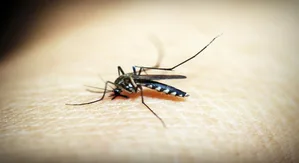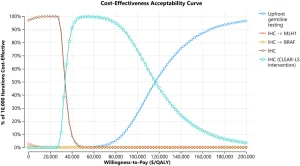Asia-Pacific Nations Unite to Combat Malaria: A Call for Immediate Action
The Asia-Pacific region is intensifying its efforts to eradicate malaria, urging member nations to take swift and coordinated action. With malaria continuing to pose a significant health threat, regional leaders are emphasizing the need for solidarity and innovative strategies to combat the disease effectively.
The Persistent Threat of Malaria
Malaria remains a major public health challenge in many parts of the Asia-Pacific. Factors such as climate change, insecticide resistance, and gaps in healthcare infrastructure contribute to the ongoing transmission of the disease. Recognizing the urgency, countries are seeking to bolster their collaborative efforts.
Key Strategies for Malaria Eradication
- Enhanced Surveillance: Strengthening surveillance systems to detect and respond to outbreaks promptly.
- Improved Access to Treatment: Ensuring that all individuals, especially those in remote areas, have access to effective antimalarial medications.
- Vector Control: Implementing integrated vector management strategies, including the use of insecticide-treated bed nets and indoor residual spraying.
- Community Engagement: Engaging local communities in malaria prevention and control activities, promoting awareness and behavioral change.
The Role of International Cooperation
International partnerships and financial support are crucial to achieving malaria elimination goals. Collaborative research, knowledge sharing, and resource mobilization can accelerate progress and ensure that no one is left behind in the fight against this deadly disease.
Looking Ahead: A Malaria-Free Asia-Pacific
With renewed commitment and concerted action, the Asia-Pacific region is determined to overcome the challenges posed by malaria. By working together, countries can create a healthier and more prosperous future for all.




+ There are no comments
Add yours